It is uncommon for a Nigerian President and Commander-in-Chief of the Armed Forces to be absent from the Armed Forces Remembrance Day ceremony. Since Nigeria’s return to civilian rule in 1999, this event on January 15 has been significant in honoring the sacrifices of both deceased and living military personnel.
The ceremony is a time for reflection and paying tribute to those who have made the ultimate sacrifice for the nation. As Commander-in-Chief, the President traditionally leads other top government officials in laying wreaths at the national arcade in Abuja. This public gesture demonstrates solidarity with the armed forces, recognizing their sacrifices and showing gratitude on behalf of the nation.
While President Bola Tinubu will be attending an event in Abu Dhabi on January 15, missing the Armed Forces Remembrance Day, he has previously shown appreciation for the military. However, the absence of the President from such a symbolic event may raise concerns, especially following recent military losses.
The significance of honoring fallen soldiers should not be overshadowed by other engagements, even those aimed at fostering international relations and economic partnerships. It is crucial to prioritize national duties, especially those honoring the heroes who have served the country.
The question remains whether alternative arrangements could have been made to accommodate both the international event and the national memorial. While logistical challenges exist, finding a balance between international commitments and domestic responsibilities is essential.
Ultimately, ceremonies like the Armed Forces Remembrance Day hold a special place in the nation’s heart, serving as a moment to remember and appreciate the courage and sacrifices made by those who serve in uniform.

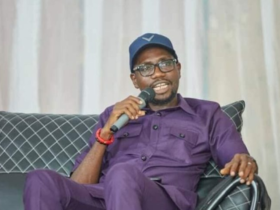
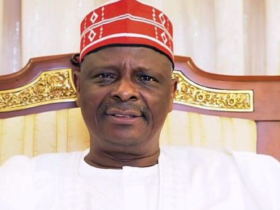
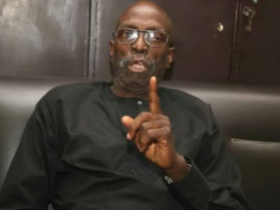

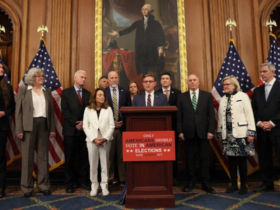





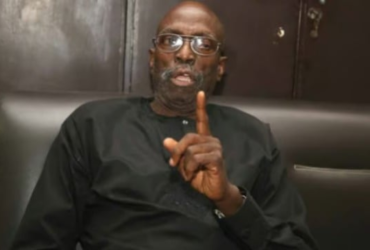

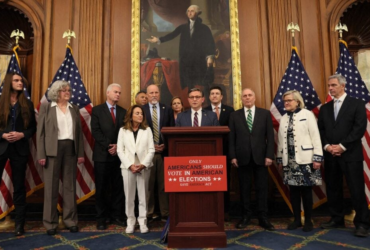
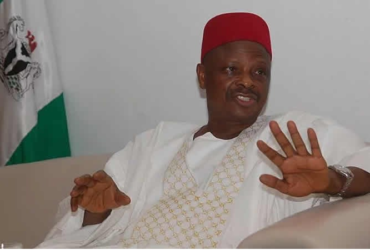

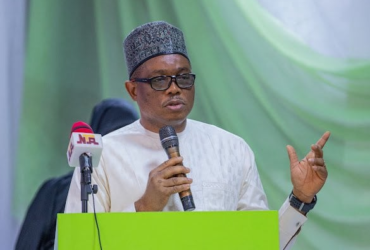
Leave a Reply